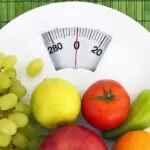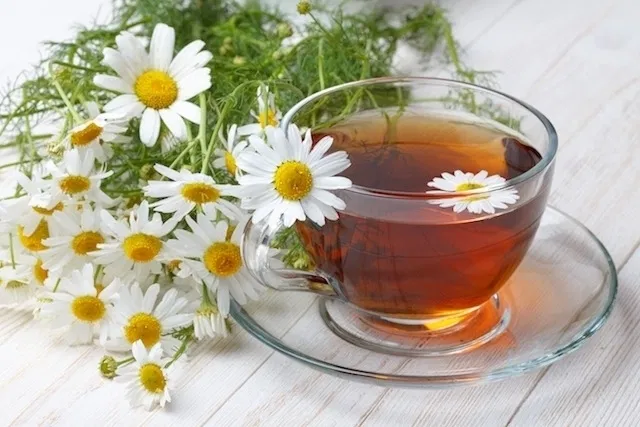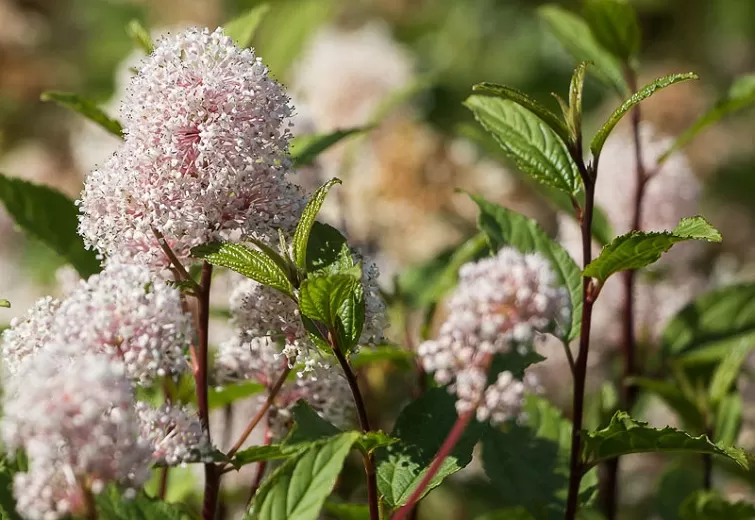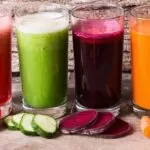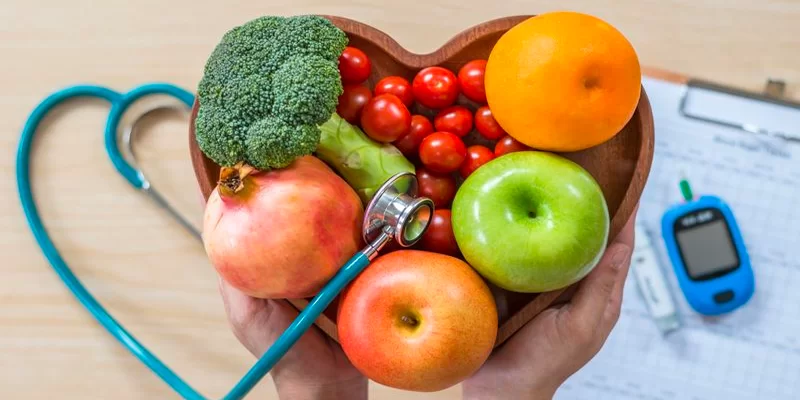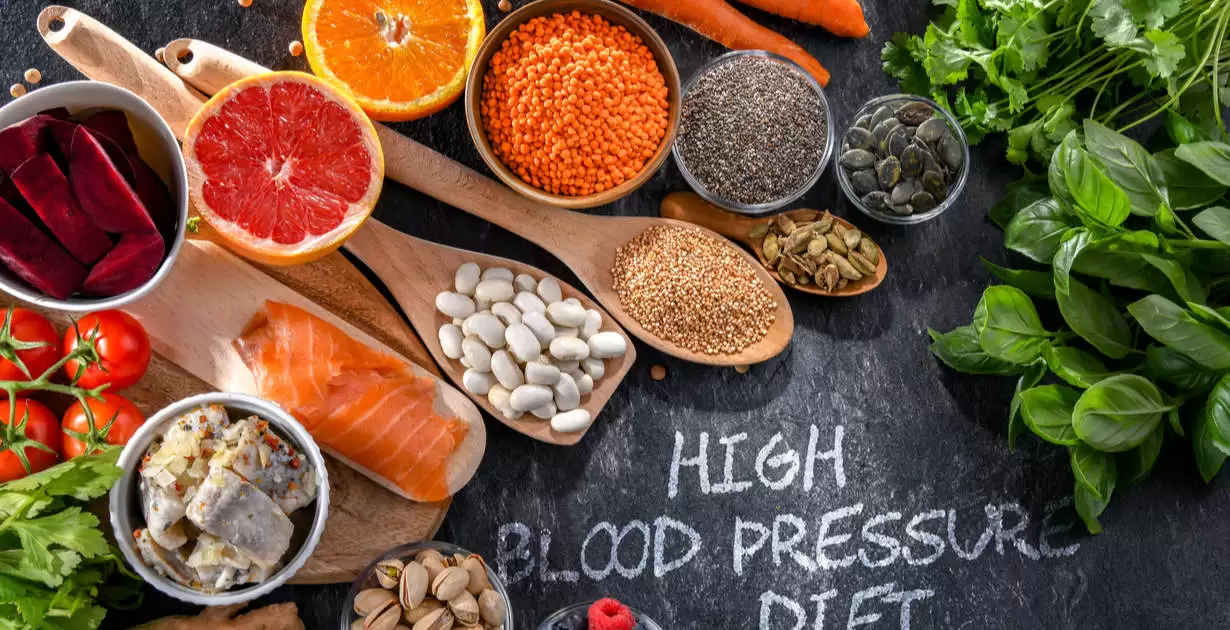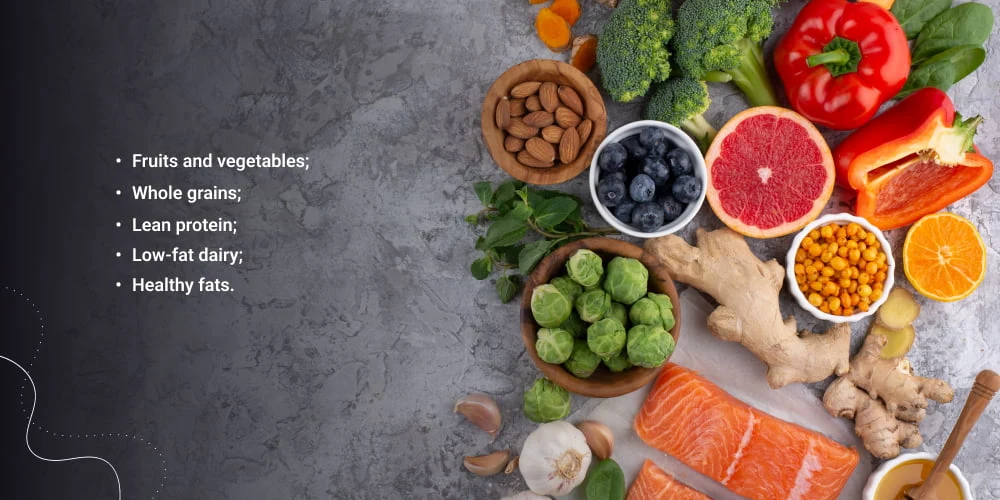What Is the Best Tea to Drink for Fertility?
What Is the Best Tea to Drink for Fertility? A Natural and Soothing Approach to Boosting Your Chances: Trying to have a baby is a special journey—one filled with hope, emotions, and sometimes a few challenges along the way.
While things like age, health, and lifestyle can affect fertility, more and more people are exploring natural ways to support their bodies during this process. One gentle and comforting option is tea.
So, what is the best tea to drink for fertility? Let’s dive into the world of herbal and traditional teas that may help support your body and boost your chances of conception.
Whether you’re just starting out or have been trying for a while, these teas can be a warm, relaxing part of your fertility routine.
- English Breakfast Tea – A Surprising Classic
You might not expect it, but a cup of traditional English Breakfast tea can actually have some fertility-supporting benefits. This popular black tea is loaded with antioxidants, which help fight off damage to your body’s cells—including reproductive cells. Antioxidants support both male and female fertility by protecting sperm and egg quality.
But here’s the catch: black tea contains caffeine. While a little caffeine is usually okay, too much isn’t recommended if you’re trying to conceive or are already pregnant. So, it’s best to enjoy this tea in moderation—maybe just one cup a day—while exploring caffeine-free options too.
- Ginger and Lemon Tea – For Comfort and Circulation
Ginger and lemon tea is a zesty, warming blend that does more than just wake up your senses—it’s a natural anti-inflammatory. That means it can help reduce pain and swelling in the body, which is especially helpful for women dealing with conditions like endometriosis that can affect fertility.
Ginger is also known for improving blood circulation, including to the reproductive organs, which is important for healthy function. Lemon adds a refreshing dose of vitamin C and helps flush out toxins, giving your body a clean, healthy boost.
So, What Is the Best Tea to Drink for Fertility?
There’s no single “magic” tea that works for everyone, but herbal teas like ginger and lemon, red raspberry leaf, chasteberry (vitex), peppermint, and even green tea (in small amounts) are often mentioned by fertility experts for their supportive properties.
Each type of tea offers different benefits:
- Red Raspberry Leaf: Strengthens the uterine lining and supports hormone balance.
- Chasteberry (Vitex): Known to support progesterone levels and regulate menstrual cycles.
- Peppermint Tea: Can soothe digestive issues and calm stress—something many people face while trying to conceive.
- Green Tea: Rich in antioxidants, but also contains caffeine—so drink it in moderation.
Sip Your Way to a Healthier Fertility Journey
When asking what is the best tea to drink for fertility, the answer really depends on your body’s unique needs. What matters most is choosing natural, nourishing teas that make you feel good, help balance your hormones, and support your overall well-being.
Adding fertility-friendly teas to your daily routine is a simple, soothing step you can take toward nurturing your body—and your dream of starting a family. Always check with a healthcare provider or fertility expert before starting new herbs, especially if you’re taking medications or dealing with a specific condition.
So go ahead—brew yourself a cup of comfort, and let nature lend a helping hand on your fertility journey.
- Rooibos Tea – The Antioxidant Hero
Native to South Africa, Rooibos tea is celebrated for its high antioxidant content and rich, earthy flavor. One of its standout features is that it’s naturally caffeine-free—great news for anyone trying to conceive, as high levels of caffeine can negatively impact fertility.
Rooibos is also a fantastic source of vitamin C, which supports the immune system and has been linked to increased sperm count and motility in men. Drinking rooibos regularly could be a smart, delicious way to nourish your body while aiming for a healthy pregnancy.
- Jasmine Tea – Ancient Aromatherapy for Fertility
Fragrant and calming, Jasmine tea has deep roots in traditional Chinese medicine. It’s been used for centuries as a natural aphrodisiac and a gentle aid to support fertility. Some ancient texts even describe it as a love-enhancing elixir.
Modern research has found that the soothing aroma of jasmine has powerful aromatherapy effects, helping to reduce stress and promote a sense of calm—both of which are essential during the fertility journey. While more research is needed on its direct effects, its calming nature can be a helpful support for the mind and body.
- Green Tea – The Fertility Super Brew
If you’ve heard of green tea being called a “super drink,” there’s a good reason. Green tea is loaded with polyphenols and hypoxanthine, two compounds that may boost egg health and embryo viability. Some studies suggest these ingredients help improve egg maturation, making conception more likely.
For men, green tea can also support fertility by improving sperm quality and motility. Plus, its antioxidants help repair damage caused by stress, environmental toxins, or poor diet—common challenges for many couples trying to conceive.
However, green tea does contain caffeine, so it’s best enjoyed in moderation.
- Nettle Tea – A Nutrient-Rich Fertility Supporter
If you’re looking for a vitamin-packed herbal tea, nettle tea is a great option. Often used to support women through pregnancy, nettle also helps with fertility preparation thanks to its rich nutritional profile.
Nettle leaves are full of vitamins A, C, D, and K, as well as iron, calcium, potassium, and magnesium—all essential for reproductive and overall health. This tea also helps strengthen the uterus, making it a great addition to your fertility-supporting routine.
If you happen to have access to fresh nettles in spring or summer, you can even brew your own for a garden-fresh infusion.
So, What Is the Best Tea to Drink for Fertility?
There’s no one-size-fits-all answer, but some of the best teas to consider for fertility include:
- Rooibos tea – caffeine-free and rich in antioxidants
- Green tea – boosts egg and sperm health (in moderation)
- Jasmine tea – helps reduce stress and promote relaxation
- Nettle tea – nourishes the body and supports pregnancy preparation
These teas not only offer potential fertility benefits, but they also give you a peaceful, mindful moment in your day—something that’s so valuable when you’re navigating the ups and downs of trying to conceive.
- Mint Tea – A Calming, Nutrient-Rich Supporter
Cool, soothing, and wonderfully aromatic, mint tea is more than just a tasty beverage. It’s known to help reduce stress and anxiety, which is a major factor in fertility. High stress levels can interfere with ovulation and hormone regulation, so managing stress is vital for anyone trying to conceive.
What makes mint tea even more special is its nutrient profile—it contains vitamins A, C, B12, and folate, which is the natural form of folic acid, essential during preconception and early pregnancy. If possible, use fresh mint leaves to maximize the benefits and aroma.
And if you’re already expecting, mint tea may also ease nausea, making it a double win.
- Apple and Cinnamon Tea – Sweet Comfort With Hormonal Support
Warm and cozy, apple and cinnamon tea isn’t just delicious—it may also help with hormonal balance, particularly in women dealing with Polycystic Ovary Syndrome (PCOS). PCOS is one of the most common causes of infertility in women, and cinnamon has shown promise in regulating menstrual cycles and improving insulin sensitivity.
Additionally, cinnamon helps enhance blood circulation, including to the reproductive organs, which is beneficial for overall fertility health. This tea is a comforting and holistic option for hormonal support.
- Raspberry Leaf Tea – A Tonic for Uterine Strength
One of the most well-known herbal allies in women’s health is raspberry leaf tea. Especially when made from the wild variety, this tea is incredibly rich in calcium, a mineral essential for muscle health—including the uterus.
Often referred to as a uterine tonic, raspberry leaf helps tone and strengthen the uterine walls, supporting a healthy reproductive system. It’s particularly recommended for women preparing for pregnancy or already pregnant (often in the second or third trimester, with guidance).
Many herbalists rank it among the top teas for fertility, alongside nettle and red clover.
A Note About Caffeine During Fertility Treatment
While herbal teas are generally caffeine-free, some blends or traditional teas like green or black tea may contain caffeine. If you’re undergoing fertility treatments, or have been advised to limit caffeine intake, it’s a good idea to double-check the ingredients of your chosen teas.
Speak with your healthcare provider or fertility specialist to ensure that your tea choices support your overall treatment plan.
Final Thoughts: So, What Is the Best Tea to Drink for Fertility?
There isn’t a one-size-fits-all answer—but a blend of intentional choices can make a real difference. Herbal teas like mint, raspberry leaf, cinnamon, nettle, green tea, and rooibos each offer unique support for reproductive health.
These teas not only nourish the body, but they also give you a peaceful moment of self-care, which is just as important when navigating fertility challenges. A daily tea ritual can be more than just a warm beverage—it can be a quiet act of hope and healing.

A graduate of Computer Science and Information Management Technology. Diploma – Caregiving, Certificates – Dementia and Diabetes Awareness and Management. A researcher, blogger, songwriter, singer and acoustic guitarist. Born in an environment where natural talents such as healing are imparted at our natural birth. This natural talents of healing is the result of our genetic inheritance and the training from family environment.








